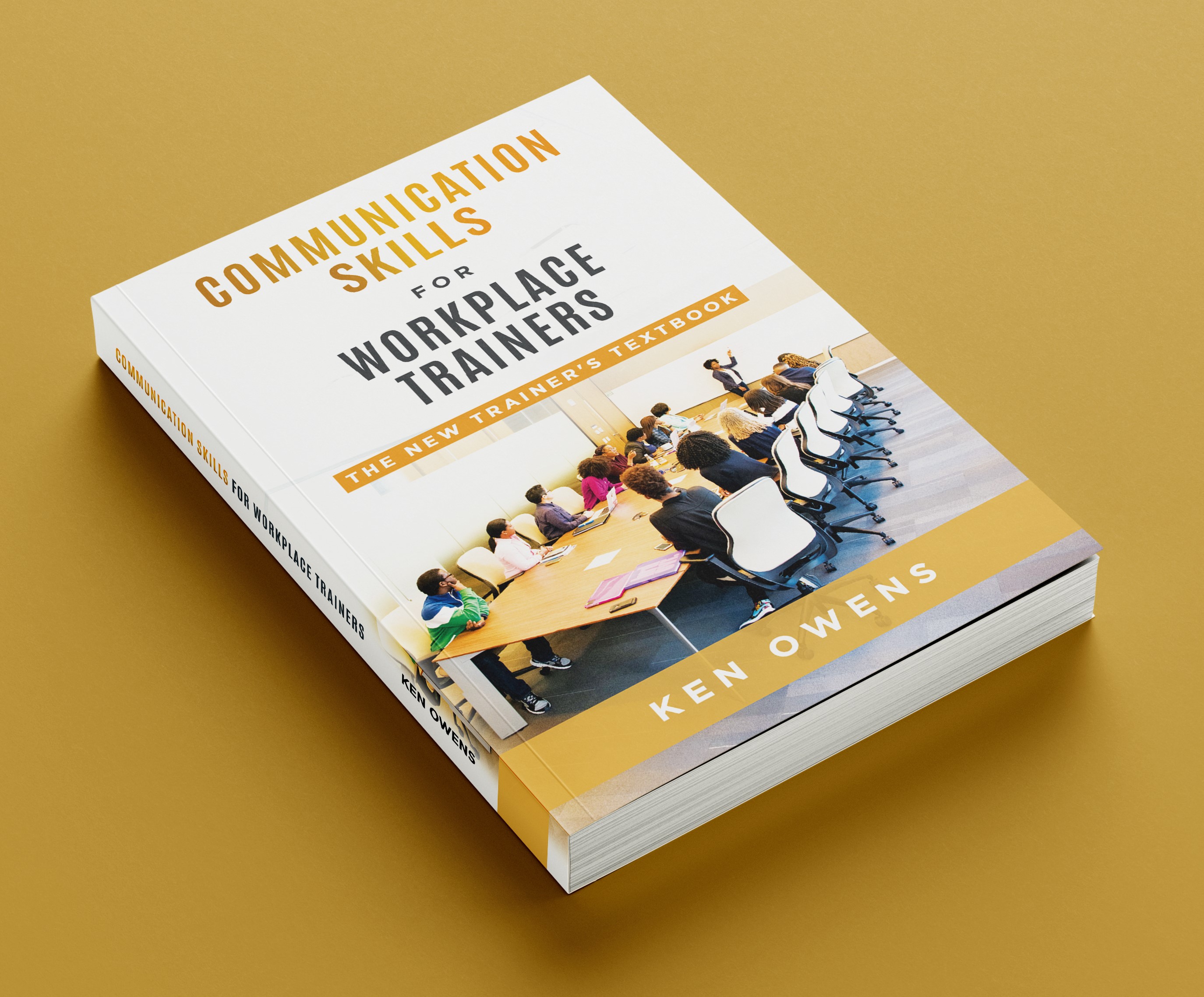Does The Squeaky Wheel Really Get The Grease?
For years, there has been a saying that, "The squeaky wheel gets the grease," but is that still true?
The origins of that saying meant: someone who complains or causes problems is more likely to receive attention or help, than someone who stays quiet and does not cause problems.
Today's workplace dynamic is changing and some of those old sayings are no longer true. If someone is constantly negatively complaining, then they are more likely to be fired or demoted, than receive the grease, i.e., additional help or preferential treatment. Co-workers no longer have patience to listen to on-going complaining and will easily tune-out those people.
On the flip side, an October 2023 research study at Carnegie Mellon University, found the opposite in situations when there are employees with positive squeaks. Here is what the research concluded: "People who communicate more and show expertise, are more likely to be seen as essential team members." The significant difference is positive constructive input vs. negative complaining.
The problem with vintage sayings such as this is, as they are passed down through generations, there original connotations seem to stick with them, but over time, they may change in meaning. In this case, the squeaky wheel was a person who negatively complained a lot, and today, we see positive input gets rewarded, and negative doesn't.
The research study has a couple other important aspects of workplace communication:
- "Positions which require some employees to transfer information to other members of their team, it's crucial to have good communication skills."
- "Allowing work team members to choose who occupies positions within that team enabled them to optimize their position assignments based on individual's skills and expertise, which boosted the group's performance. Members were more likely to choose individuals who communicated frequently and those who appeared to have task-related expertise to occupy preferred team positions."
So, the final outcome to all this is:
- If you are truly qualified to speak up and share valuable input, do so! You will be appreciated by your team.
- If all you are going to do is be negative, then shut up! You might be given the boot out the door.
For more positive aspects on communication skills, check out my latest book Communication Skills for the Workplace Trainer, to help take your career to the next level.
Click on your country's flag to be directed to your Amazon for purchase:




|
> Home
|




